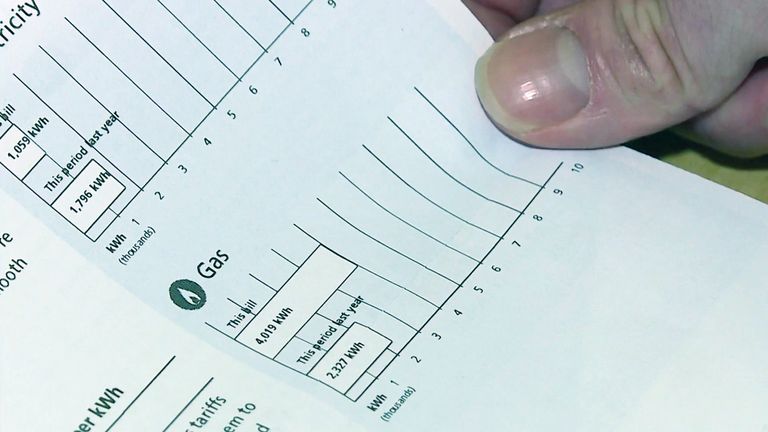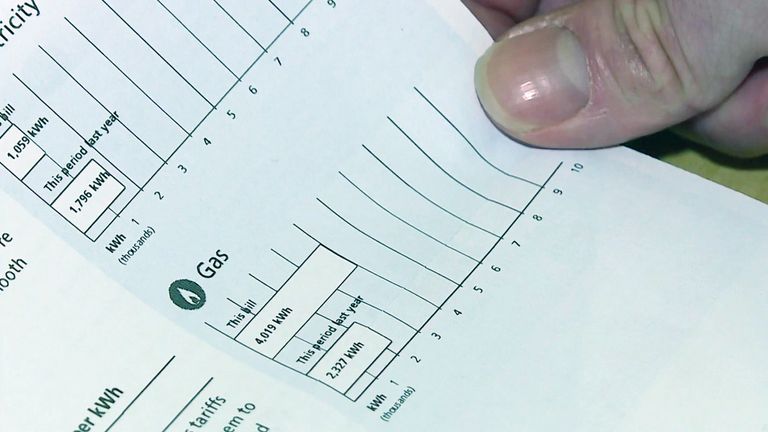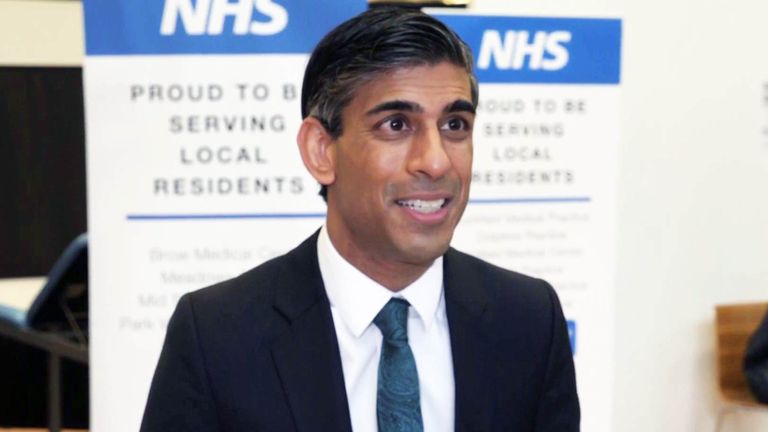
Business secretary Kwasi Kwarteng will hold fresh talks with energy companies this week as the government narrows its options for insulating consumers from a forecast 50% increase in bills. that campaigners claim would plunge up to six million households into fuel poverty.
Campaigners claim up to six million households could be plunged into fuel poverty.
Ministers are under pressure to finalise plans ahead of the announcement of the new energy price cap on 7 February, forecast to raise average bills by around £700 to £2,000 per household.
With the bulk of the increase driven by soaring wholesale gas prices, talks are focused on domestic tax and policy costs currently loaded onto bills and what form any financial support to suppliers should take.
The three options
The landing zone for government action is understood to have narrowed to three areas, all of which require Treasury support to meaningfully reduce bills: cutting VAT; increasing the reach and value of the Warm Home Discount; and a Treasury-backed commercial lending scheme to spread the cost of suppliers absorbing customers from more than 20 companies that have collapsed.
Taken together the three measures could cut £300-£400 from consumer bills.
VAT cut
Ministers may also consider shifting some green levies from bills into general taxation. This may not be straightforward because some schemes, such as suppliers improving insulation in customer homes, are already contracted.
Cutting VAT charged at 5% would reduce bills by around £100 but would cost the Treasury up to £2bn.
The chancellor is said to be reluctant and the Prime Minister has argued it is a “blunt instrument” that benefits wealthy bill payers, but the impending price rise is so great it may be one of the few straightforward measures available.
Warm Home Discount
Expanding the Warm Home Discount (WHD), currently worth £140 and paid to 2.2 million people in receipt of certain benefits, would achieve ministers’ aim of targeting the most vulnerable consumers.
The scheme is currently funded by all consumers and is drawn from the social and policy costs that make up 12% of energy bills. The existing cost, along with any increase, will have to be stripped out of bills and covered by general taxation.
Figures published by Ofgem on Monday showed that suppliers spent £351m on rebates through the WHD scheme last year.
The Resolution Foundation says rebates should double to £300 and the number of eligible households quadruple to cover more than 8 million in receipt of pension credits or working age benefits at a total cost of £2.5bn.
Commercial lending scheme
A state-backed scheme to spread the cost of taking on customers from failed companies is an idea also thought to have gained support.
Currently when a provider goes bust its customers are passed on to another supplier, with the cost of covering their credits and wholesale supply shared via a levy on all bill payers.
Company failures in the last 12 months have already seen £1.8bn in costs passed onto suppliers, with a further £1.7bn at risk via the government-backed administration of Bulb.
The scheme under consideration would spread those costs over multiple years, rather than loading them onto this year’s bills.
Ofgem is already consulting on changing its licensing conditions to allow commercial lenders to cover suppliers’ so called “supplier of last resort” (SOLR) costs.
‘Help the most vulnerable and the poorest in society’
Support for a similar state-backed lending scheme from which suppliers could borrow to buy energy when wholesale costs increase is said to be viewed with scepticism by the Treasury, in part because gas prices are forecast to remain well above historic averages for at least another 18 months and it is reluctant to write an open-ended cheque.
Centrica, the owner of the UK’s largest supplier British Gas, has described such a scheme as a bail-out for failing suppliers.
Poorest families will be hit hardest by energy bills surge, charity warns
Keith Anderson, chief executive of Scottish Power, told Sky News the government should focus on support for the most vulnerable.
“This is not about insulating or supporting companies,” he said. “The choice the government now has is who do they want to support and how do they do it? We are proponents of saying there’s ample room to help the most vulnerable and the poorest in society.
“The government have got the tools available to them, whether its through the Warm Homes Discount, or Universal Credit, to allow them to target the support at the most vulnerable and I think that would be a great step forward.”








More Stories
Unlock Your Journey to Intelligent Wealth Management
Inspiring Change: Michael Bates Path to Entrepreneurship and Giving Back
Climate Token YES WORLD is now available for trading on top crypto change LaToken